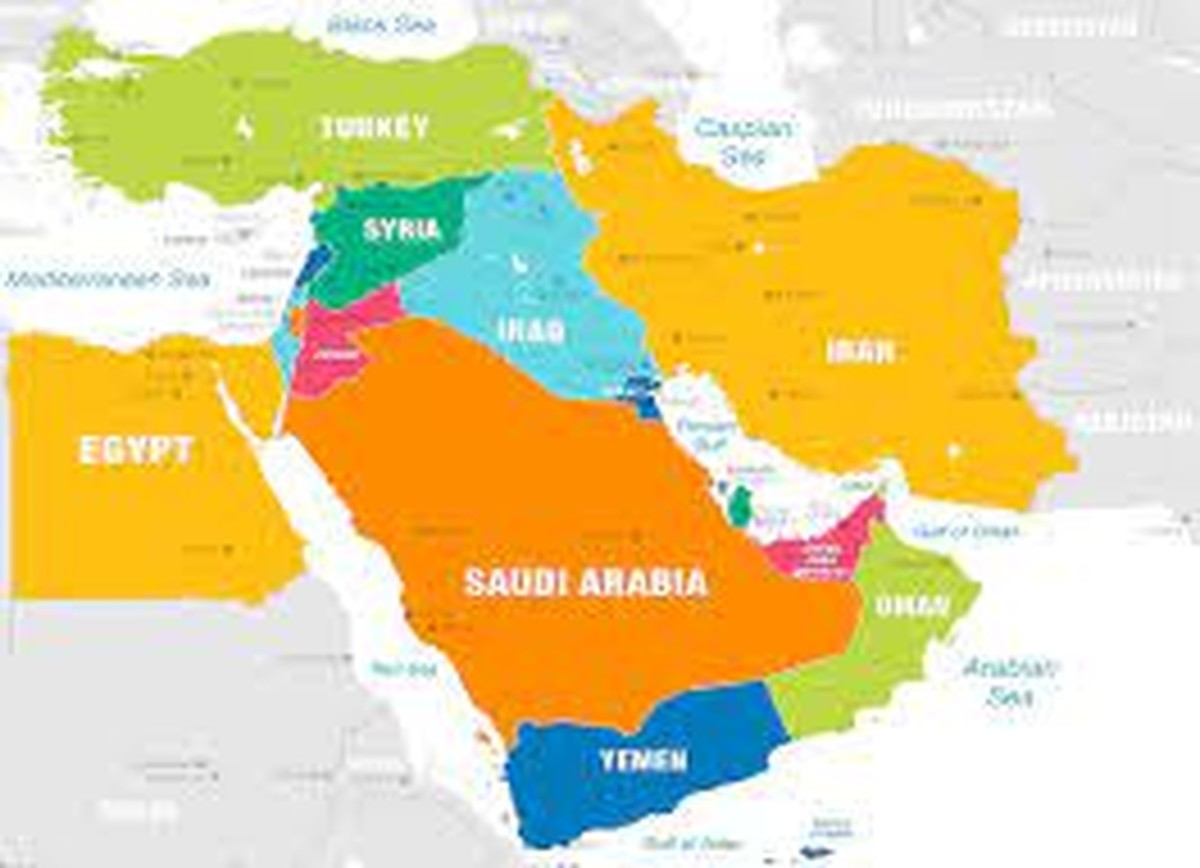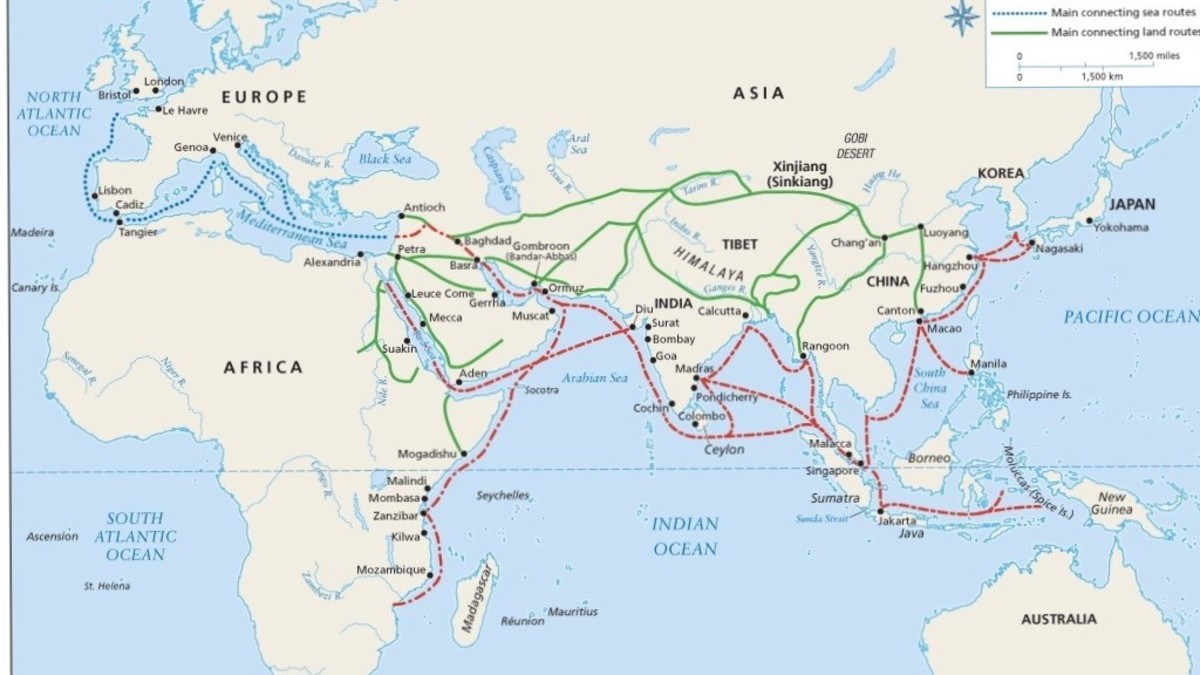Working in the Middle East

Why economic power is shifting Eastward...
It might seem hard to believe, but BBC correspondents could describe Dubai as a "tiny sheikdom" as late as 1975. Back then, the countries of the Gulf were largely despotic monarchies whose influence and presence was mostly confined to stereotypical 'sheiks' in Western popular culture.
But already, the importance of the region's oil deposits were becoming apparent. The oil shocks of the 70s and the first hints of cracks in the Western economic model had begun to see world powers taking a much greater interest in the region. As the gulf states were so close to Russia and the Mediterranean in particular meant that US interests there rapidly gained significance.
So a series of power plays throughout the latter half of the 20th century were really a war of proxy between the US and other interests. But the sheiks weren't slow to realise that they had enormous potential power under their soil. As they grew in wealth, so they grew in influence and began to speak with their own voice. The establishment of OPEC and the United Arab Emirates are merely the most obvious ways in which the region began to create its own power base.
Today, oil remains at the heart of the region's prosperity. But as modern infrastructures and foreign knowledge has been imported to the region, so the various states have begun to diversify their economies. From cultural centres, property development to retail, travel and leisure the region continues to boom. As long as the oil lasts, there is an inbuilt resistance to outside economic turbulence in the Gulf model.
Naturally, many Westerners are looking to move to the region to take advantage of this wealth.
The Middle Eastern Jobs Market
Obviously the region abounds in technical jobs related to the gas and oil industries. As refinement techniques improve and recovery technologies improve scientific and technical expertise is highly sought after.
With the sheer size of the industry comes a wealth of ancillary jobs. Computer programming... logistics... accomodation and services... manufacturing... all of these industries and more are required to keep the oil and gas businesses running. Again, foreign knowledge is hungrily imported by the region in order to maximise the return on their assets.
Equally naturally, the ever-increasing number of highly paid specialist workers need facilities that enhance the quality of life in the region. An income is only much use if there is something to hand to spend it on. This has led to a rise in service industries such as leisure, sport, culture and broadcasting.
Essentially, the region's job market is growing almost as fast as the potential workforce - meaning a huge plethora of job opportunities for anyone who wishes to take a chance on a move to the Middle East.
Culture
Of course, anyone looking to take a job in the Middle East must consider the wildly different culture in which they'll be working. And that means negatives as well as pluses.
While many gulf states have happily erected a proto-consumer society with easy access to luxury goods in astoundingly proportioned malls, in many ways there are huge differences in culture. Perhaps most obviously, the easy going sexuality and liberal attitude to crime that marks the West finds little mirror here.
Hundreds of foreign workers find themselves on the wrong end of the law and deported or jailed for offences that don't even exist in the west. The recent case of the British woman who was jailed for performing oral sex on a man on a beach is merely one of the most visible instances of this tendency.
In fact, there are many ways you can fall foul of local laws. Not only that, but the justice system is very different to that in the West. Summary justice can be executed through local offices without legal nicities such as fair trials in the Western mould.
As a worker in particular you face very different relationships with your employer. In Qatar, for example, some British workers have found themselves trapped in the country as they cannot leave without the permission of their employer. Of course, this isn't a blanket condition, but it's worth checking local customs, practices and laws before you really consider making a move.








